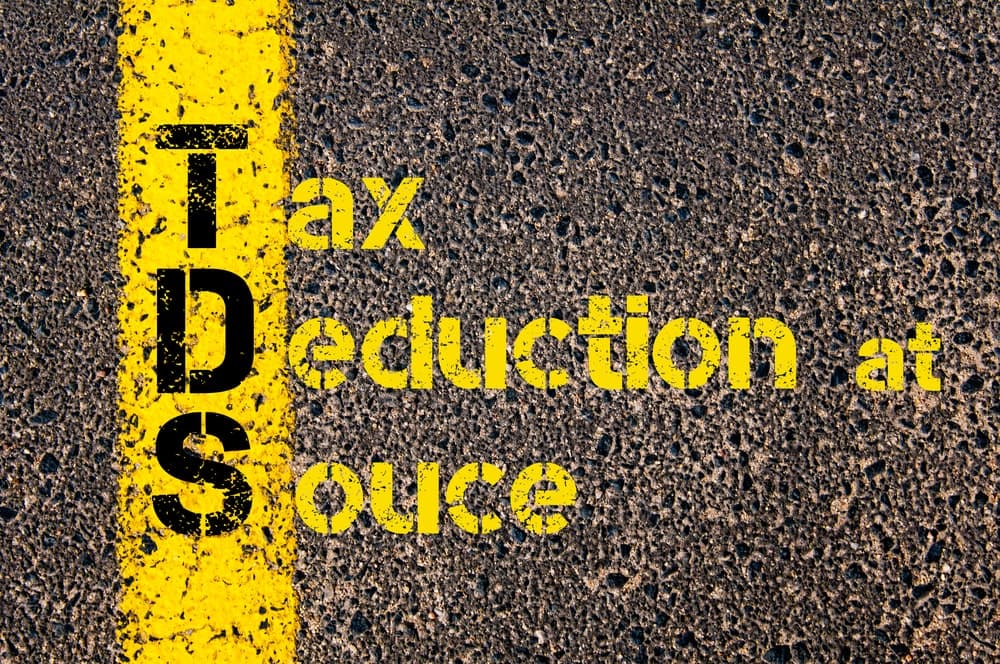What Are Forms 15G And 15H And How Is TDS Deducted In EPF? Things To Know
Form 15G or 15H are self-declaration forms investors can submit to financial institutions where they have made investments to seek no tax deduction at source.
Form 15G or 15H are self-declaration forms investors can submit to financial institutions where they have made investments to seek no tax deduction at source.

Forms 15G And 15H
Advertisement
Tax deducted at source (TDS) is an important tax rule under Income-tax, 1961. The Income Tax Department prescribes TDS limits on interest, income, and withdrawal, and exceeding that will require a financial institution to deduct TDS and send it to the department.
So, what these forms are meant for?
Advertisement
Forms 15G and 15H are used to seek TDS exemption from certain investments. The only difference is that 15G is for individuals below 60, and 15H is for individuals 60 and above.
These forms are valid for a year. Investors must fill them out yearly if the income doesn’t exceed the taxable limit. If it exceeds the limit and form 15G/H has been submitted, they must calculate the income not deducted in TDS and pay tax accordingly before filing an income tax return.
Advertisement
So, whenever TDS is deducted, they must submit forms 15G or 15H;for example, bank interest exceeding Rs 40,000 for the general public and Rs 50,000 for senior citizens in a year, Employees’ Provident Fund (EPF) withdrawals exceeding Rs 50,000, rental income, dividend income, etc. They can avoid TDS by using these forms.
Also Read: How Do You Estimate A Retirement Corpus And Are There Any Thumb Rules?
TDS is deducted from an EPF account if the withdrawal amount exceeds over Rs 50,000,subject to the following conditions:
Also Read: What Is PM Vishwakarma Yojana? Can Senior Citizens Participate In This Scheme?
EPF is one of the biggest social security schemes with some 27.7 crore members, so it is important to know to use this financial product effectively for retirement planning. It stipulates contributions from the employee and employer and is tax-exempt for deposits, accrual, and maturity. The TDS liability arises only in certain circumstances discussed above.
Advertisement
Section 80U of the Income Tax Act of 1961 allows differently-abled people to claim tax deductions based on the severity of their disabilities and medical proof.
CBDT Chairman Ravi Agrawal assured that the task of reviewing the Income Tax Act of 1961 would be completed in the given timeframe of six months.
All senior citizens aged 60 and above but below 75 must file their income tax returns.
Get all the latest stories delivered to your inbox
Advertisement
Get all the latest stories delivered to your inbox